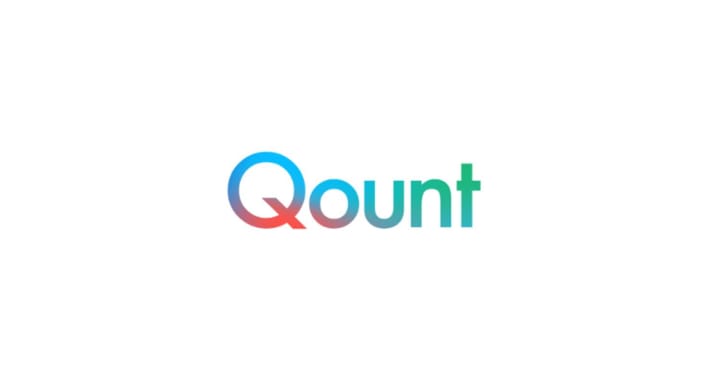Mediwhale Raises $12M in Series A2 Funding to Advance AI Health Diagnostics
Mediwhale is an AI-powered health diagnostics company that utilizes non-invasive retina scans to predict and prevent heart and kidney diseases.
Company Name: Mediwhale
Location: Seoul, South Korea
Sector: AI-Powered Health Diagnostics
Funding Details: Raised $12M in Series A2 funding, led by Korea Development Bank (KDB) with participation from Woori Venture Partners, IMM Investment, Mirae Asset Securities, and other investors. The investment involved both the issuance of new shares and secondary sales.
Leadership: Founded in 2016 and led by CEO Kevin Choi,
Purpose of Investment: The funds will be used to enhance Mediwhale’s AI algorithms, achieve U.S. FDA approval for Reti-CVD, expand its global presence, and develop new products to predict chronic kidney disease risk.
Product and Innovation: Mediwhale is an AI-powered health diagnostics company that utilizes non-invasive retina scans to predict and prevent heart and kidney diseases. Its flagship product, Reti-CVD, is an AI diagnostic solution that autonomously evaluates cardiovascular disease risk through a simple eye scan. The radiation-free test provides accuracy equivalent to a cardiac CT scan in predicting cardiovascular risk, without the need for invasive procedures. Since receiving approval for private reimbursement in Korea in June 2023, Reti-CVD has been used in over 7,200 cases across 57 medical institutions as of August 2024.
Recent Developments: Mediwhale has successfully raised a total of $23M to date, including $2M in Series Pre-A funding in 2021 and $9M in Series A funding in 2023. The Series A2 round further strengthens its trajectory as it seeks FDA approval and global expansion.
About the Company: Mediwhale is revolutionizing preventive healthcare by leveraging AI to provide non-invasive, radiation-free diagnostic solutions that assess cardiovascular and kidney disease risk. With its innovative Reti-CVD technology, the company aims to empower healthcare providers and patients with early detection tools for better health outcomes.


